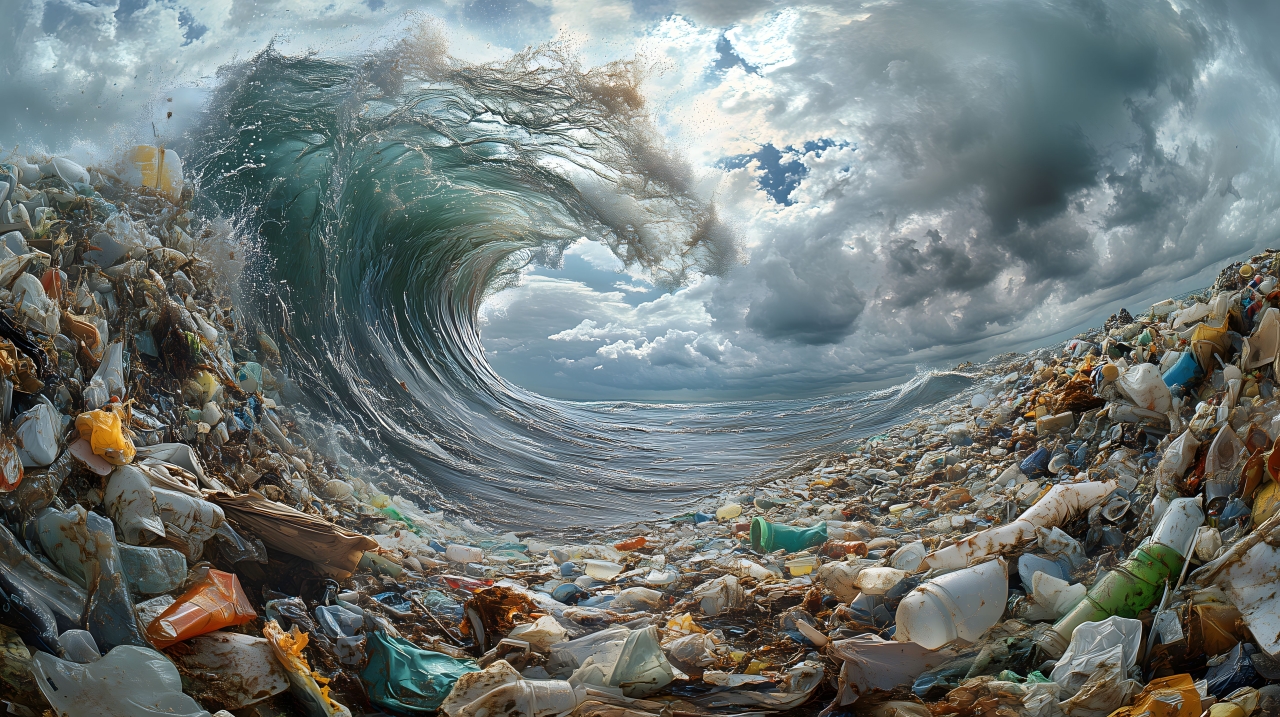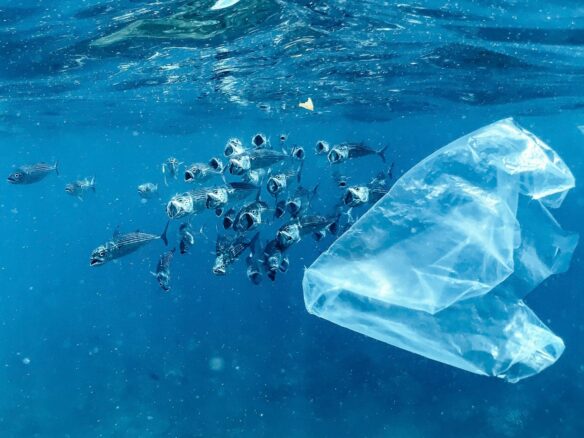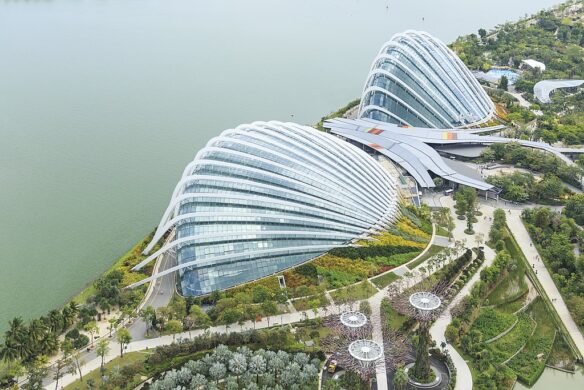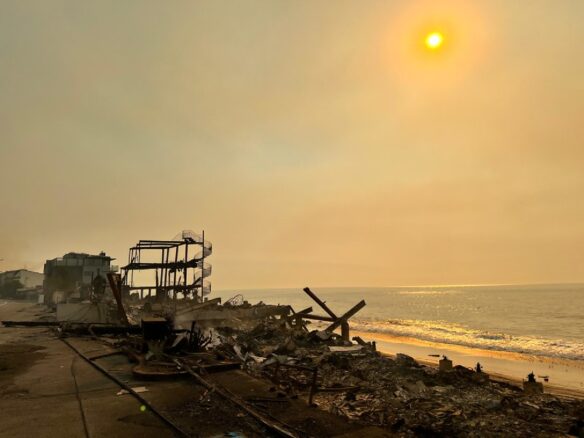Excerpt:
Pollution is affecting the climate, biodiversity, ecosystems, ocean acidification and human health, according to analysis
Plastic pollution is changing the processes of the entire Earth system, exacerbating climate change, biodiversity loss, ocean acidification, and the use of freshwater and land, according to scientific analysis.
Plastic must not be treated as a waste problem alone, the authors said, but as a product that poses harm to ecosystems and human health.
The authors gave their warning in the days before final talks begin in South Korea to agree a legally binding global treaty to cut plastic pollution. Progress towards a treaty on plastic pollution has been hindered by a row over the need to include cuts to the $712bn plastic production industry in the treaty. At the last talks in April, developed countries were accused of bowing to pressure from fossil fuel and industry lobbyists to steer clear of any reductions in production. The discussions in South Korea, which start on 25 November, mark a rare opportunity for countries to come to an agreement to tackle the global crisis of plastic pollution.
Plastic pollution is changing the processes of the entire Earth system, exacerbating climate change, biodiversity loss, ocean acidification, and the use of freshwater and land, according to scientific analysis.
Plastic must not be treated as a waste problem alone, the authors said, but as a product that poses harm to ecosystems and human health.
The authors gave their warning in the days before final talks begin in South Korea to agree a legally binding global treaty to cut plastic pollution. Progress towards a treaty on plastic pollution has been hindered by a row over the need to include cuts to the $712bn plastic production industry in the treaty. At the last talks in April, developed countries were accused of bowing to pressure from fossil fuel and industry lobbyists to steer clear of any reductions in production. The discussions in South Korea, which start on 25 November, mark a rare opportunity for countries to come to an agreement to tackle the global crisis of plastic pollution.
In 2022 at least 506m tonnes of plastics were produced worldwide, but only 9% gets recycled globally. The rest is burned, landfilled or dumped where it can leach into the environment. Microplastics are now everywhere, from the top of Mount Everest to the Mariana Trench, the deepest point on earth.
The new study of plastic pollution examined the mounting evidence of the effects of plastics on the environment, health and human wellbeing. The authors are urging delegates at the UN talks to stop viewing plastic pollution as merely a waste problem, and instead to tackle material flows through the whole life pathway of plastic, from raw material extraction, production and use, to its environmental release and its fate, and the Earth system effects.
“It’s necessary to consider the full life cycle of plastics, starting from the extraction of fossil fuel and the primary plastic polymer production” said the article’s lead author, Patricia Villarrubia-Gómez, at Stockholm Resilience Centre.
The research team showed that plastics pollution was changing the processes of the entire Earth system, and affected all pressing global environmental problems, including climate change, biodiversity loss, ocean acidification, and the use of freshwater and land.
“Plastics are seen as those inert products that protect our favourite products, or that make our lives easier that can be “easily cleaned-up” once they become waste,” Villarrubia-Gómez said. “But this is far from reality. Plastics are made out of the combination of thousands of chemicals. Many of them, such as endocrine disruptors and forever chemicals, pose toxicity and harm to ecosystems and human health. We should see plastics as the combination of these chemicals with which we interact on a daily basis…”









